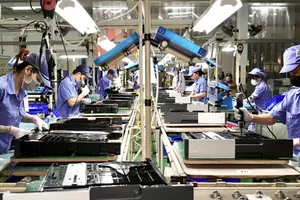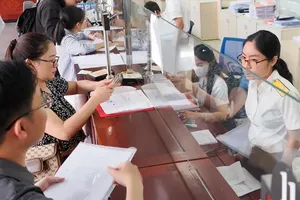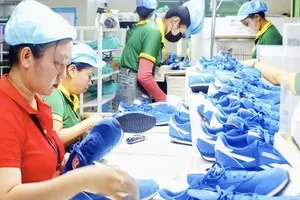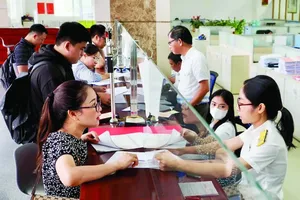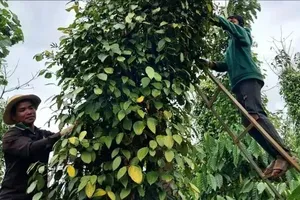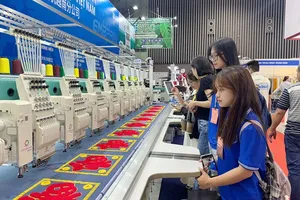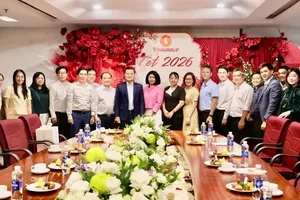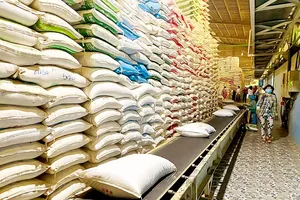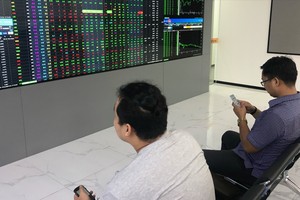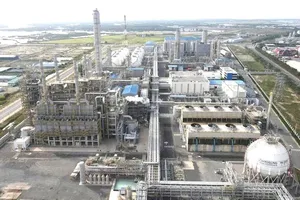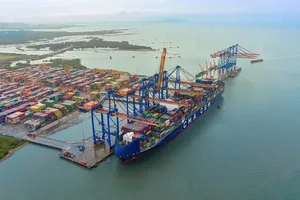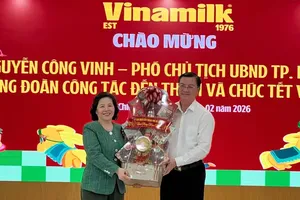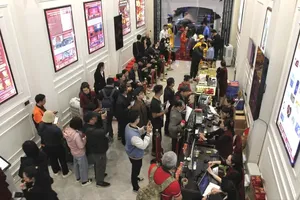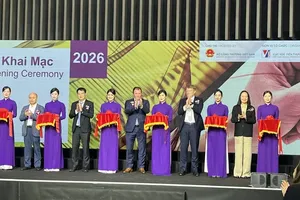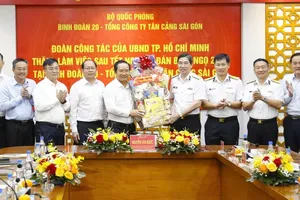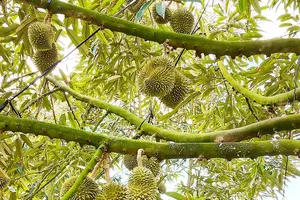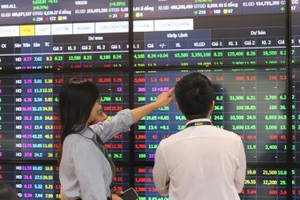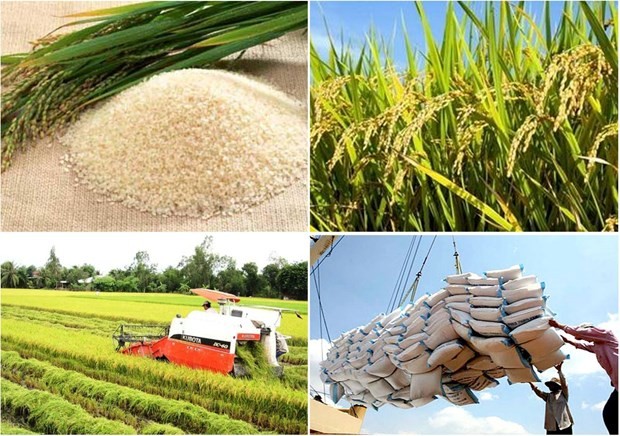
According to Deputy Minister of Agriculture and Rural Development Phung Duc Tien, a stronger linkage chain will enable risk sharing and harmonised benefits, helping the rice sector develop sustainably.
Production linkage has an important role to play in agricultural production since it will help prevent the situation that bumper crops drag down rice prices.
Since the rice linkage remains weak, the agricultural ministry has penned a project to develop rice production chain, with the participation of 14 provinces across the nation, Tien said, adding hi-tech farming models deployed in the chain so as to improve the competitiveness of the sector, making it better integrate in the global supply chain.
The US Department of Agriculture forecast that the global rice supply is no longer abundant in 2024 when rice output of India, accounting for more than 40 percent of world rice export, would decline by around 4 million tons to 132 million tons.
Other major exporters such as the Philippines, Indonesia, Thailand and Cambodia are also predicted to see dropping rice output due to the impacts of El Nino and climate change.
The Ministry of Industry and Trade said that Vietnam will enjoy a robust year of rice export due to great demand from Indonesia, the Philippines, Malaysia, China and several African countries for fear of El Nino which could linger till mid-2024.
Right in January, Indonesia opened a tender to import 500,000 tons of rice to bolster the country’s food reserve, with Vietnamese companies winning contracts to supply nearly 400,000 tons. This signals a positive outlook for a successful year for the rice sector.
Statistics from the agricultural industry showed that Vietnam exported 1.02 million tonnes of rice for US$708 million in the first two months of this year, up 49.8 percent in value year-on-year.
The country aims to ship some 6.5 million tons of rice abroad this year.
